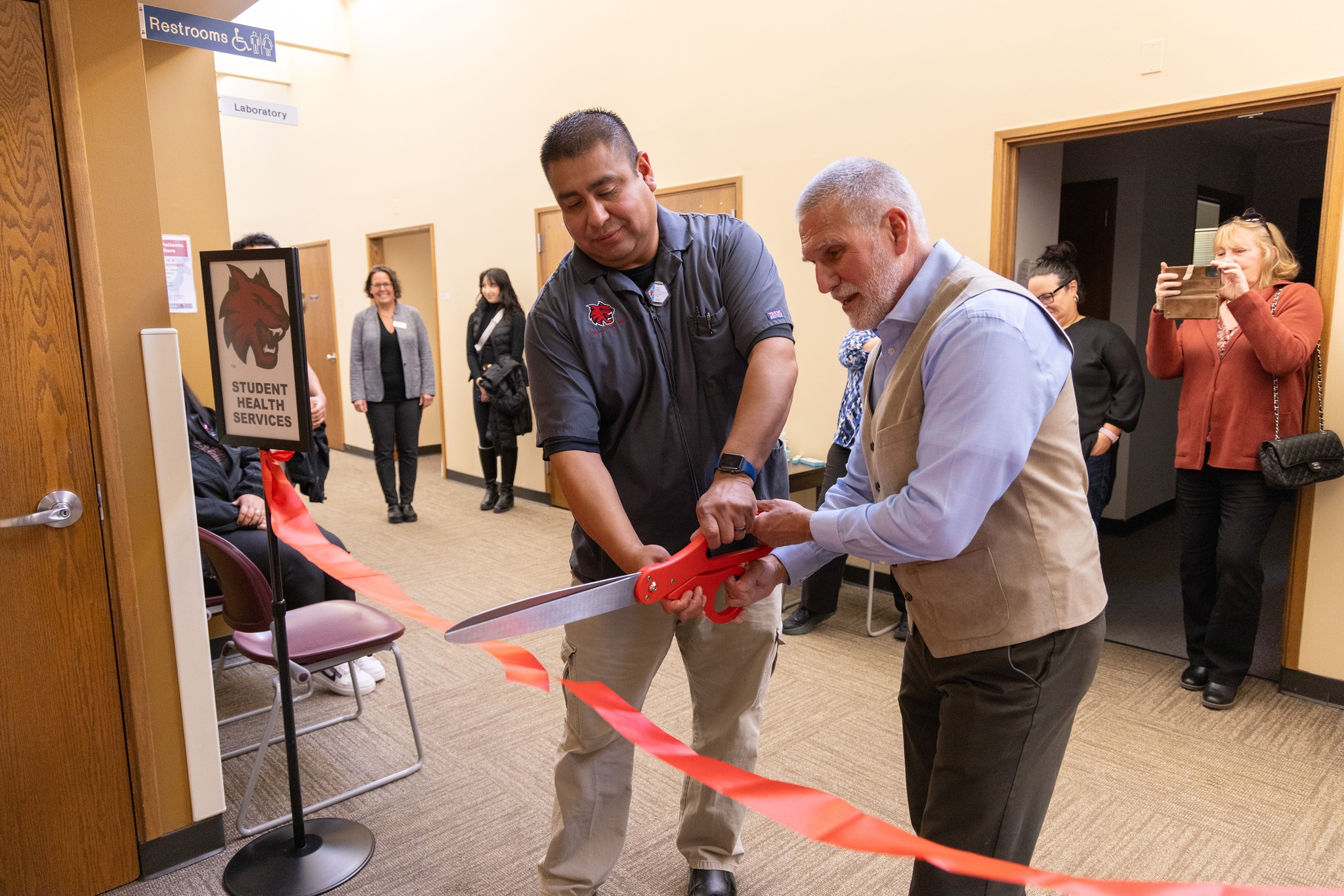Electronics Engineering Technology
Accreditation and Careers
The EET program offers four elective sequences for students to tailor their interests with their educational and career goals.
Electronics Engineering Technology Jobs and Opportunities
The average starting salary of an engineering technology graduate is more than $70,00 per year. Program alumni include engineers currently working at Boeing, Space X, Blue Origin, Amazon, Intel, and many others!
For information on internships or job placement, please visit Central's Career Services or stop by Hogue 101 for posted opportunities.
Additionally, popular minors enhancing this major include:
- Robotics and Automation Minor
- Mathematics Minor
- Computer Science Minor
- Physics Minor
- Risk Management Minor
-
EET Program Educational Objectives
Program graduates will be:
- Prepared for careers or educational opportunities of their choice.
- Able to effectively communicate with their desired constituencies.
- Able to continue acquiring skills and expertise in their areas of interest.
- Prepared to identify, participate in, and contribute to professional community organizations
- Able to use information from a variety of media and constituencies to develop practical methods and procedures to solve professional challenges.
-
Student Outcomes
Upon successful completion of this program, graduates will have an ability to:
3.1. Apply knowledge, techniques, skills and modern tools of mathematics, science, engineering, and technology to solve broadly-defined engineering problems appropriate to the discipline
3.2. Design systems, components, or processes meeting specified needs for broadly-defined engineering problems appropriate to the discipline
3.3. Apply written, oral, and graphical communication in broadly-defined technical and non-technical environments; and an ability to identify and use appropriate technical literature
3.4. Conduct standard tests, measurements, and experiments and to analyze and interpret the results to improve processes
3.5. To function effectively as a member as well as a leader on technical teams
-
Program Criteria
Upon successful completion of this program, graduates will have obtained the following core competencies:
C.a1. Application of circuit analysis to the building, testing, operation, and maintenance of electrical / electronic circuits.
C.a.2. Application of circuit design to the building, testing, operation, and maintenance of electrical / electronic circuits.
C.a.3. Application of computer programming to the building, testing, operation, and maintenance of electrical / electronic circuits.
C.a.4. Application of associated software to the building, testing, operation, and maintenance of electrical / electronic circuits.
C.a.5. Application of analog electronics to the building, testing, operation, and maintenance of electrical / electronic circuits.
C.a.6. Application of digital electronics to the building, testing, operation, and maintenance of electrical / electronic circuits.
C.a.7. Application of microcomputers to the building, testing, operation, and maintenance of electrical / electronic circuits.
C.a.8. Application of industry codes, regulations, and engineering standards to the building, testing, operation, and maintenance of electrical / electronic circuits.
C.b. Application of natural sciences and mathematics at or above the level of algebra and trigonometry to the building, testing, operation, and maintenance of electrical /electronic systems.
C.c.1. The ability to analyze, design, and implement control systems.
C.c.2. The ability to analyze, design, and implement instrumentation systems.
C.d. The ability to apply project management techniques to electrical /electronic(s) systems.
C.e. The ability to utilize transform methods and differential and integral calculus to characterize electrical / electronic systems.
-
Industry Advisory Board
Additionally, the Electronics Engineering Technology program works closely with representatives from industry to help guide the curriculum. The EET Industrial Advisory Board meets semiannually and is comprised of professionals from industry. The current members are:
- Vern Kissner, Utility Technology Solutions
- Chris Springer, Zirkle Fruit Co.
- Cassandra Armstrong, Rosemount Specialty Products
- Kevin Bremer, Boeing
- Cary Roberts, Michelsen Packaging Co.
- Darrell Niver, Power Grid Engineering LLC
- Eric Krispin, Casne Engineering
- Kevin Peterson, Form Factor Inc.
-
Course Fees
Many of the EET courses require a fee for labs and electronics usage. Please see the course catalogue through MyCWU to know which apply to you before registering for classes. Contact your instructor for help.
Accreditation Information and Support
The Electronics Engineering Technology program is accredited by the Engineering Technology Accreditation Commission (ETAC) of ABET, a non-governmental organization which accredits college and university programs in the disciplines of applied science, computing, engineering and engineering technology at the associate, bachelor and master degree levels.
ABET is recognized by the Council for Higher Education Accreditation (CHEA).

CWU News

CWU Board of Trustees to Convene this week
May 13, 2024
by University Relations

New testing lab highlights Student Health Services clinic upgrade
May 13, 2024
by David Leder